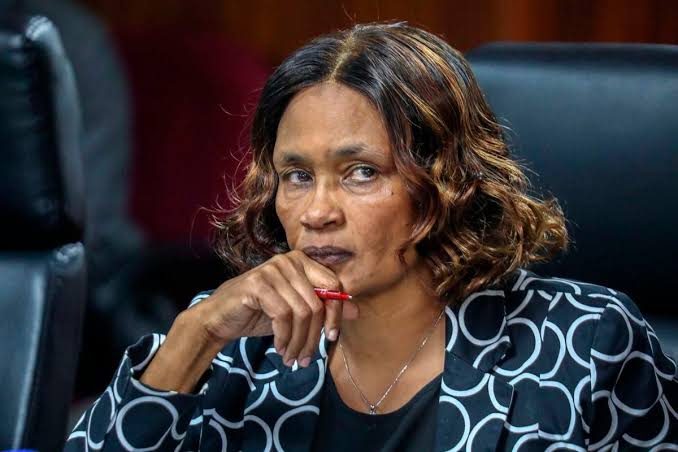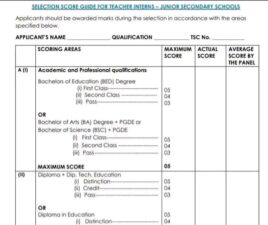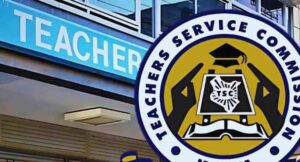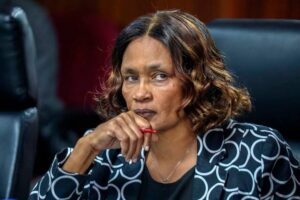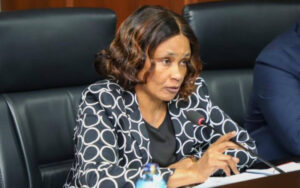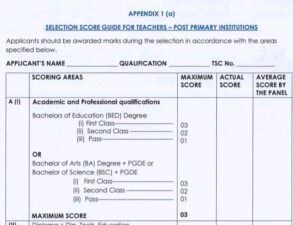A fierce debate has erupted in Parliament over the Teachers Service Commission’s (TSC) recruitment criteria, which some MPs say unfairly favour science and technical subjects at the expense of arts and social sciences.
The issue was raised during a session of the National Assembly Committee on Education, where lawmakers interrogated TSC officials on staffing disparities. The commission defended its policies, arguing that recruitment is guided by shortages and subject needs, particularly in STEM, technical, arts, and special needs education. They also emphasised inclusivity, with five percent of positions reserved for persons with disabilities.
However, MPs argued that the interview scoring guide is skewed toward science disciplines. One legislator said, “Social science teachers are marginalised. The marking scheme does not treat all subjects equally, which distorts the curriculum balance in schools.”
Beyond subject bias, MPs cited cases of long-term unemployment among qualified teachers. Some individuals who completed training over 15 years ago remain jobless, while recent graduates are already employed. The looming retirement age of 45 threatens to exclude many permanently.
Makueni MP Suzanne Kiamba decried the waste of human capital, describing teachers in her constituency who are approaching 50 without having ever been formally employed. “This country invests in their training but never uses their skills,” she said.
Regional imbalances also dominated the discussion. In some schools, hundreds of learners are handled by a single TSC teacher while parents fund additional staff. MPs called this an injustice to taxpayers.
The debate underscored calls for reforms in TSC’s recruitment framework to ensure both subject balance and equitable opportunities for teachers nationwide.
